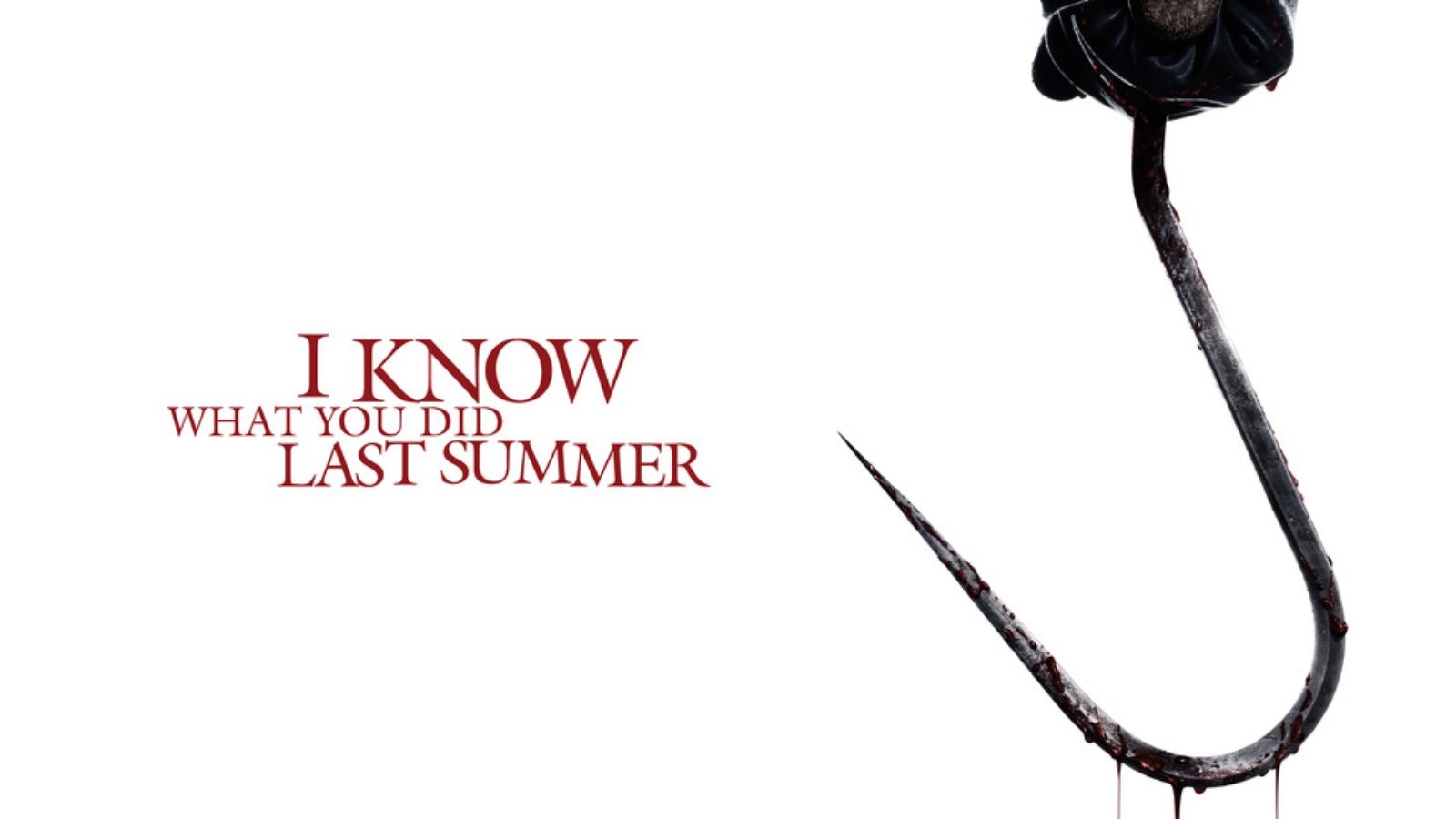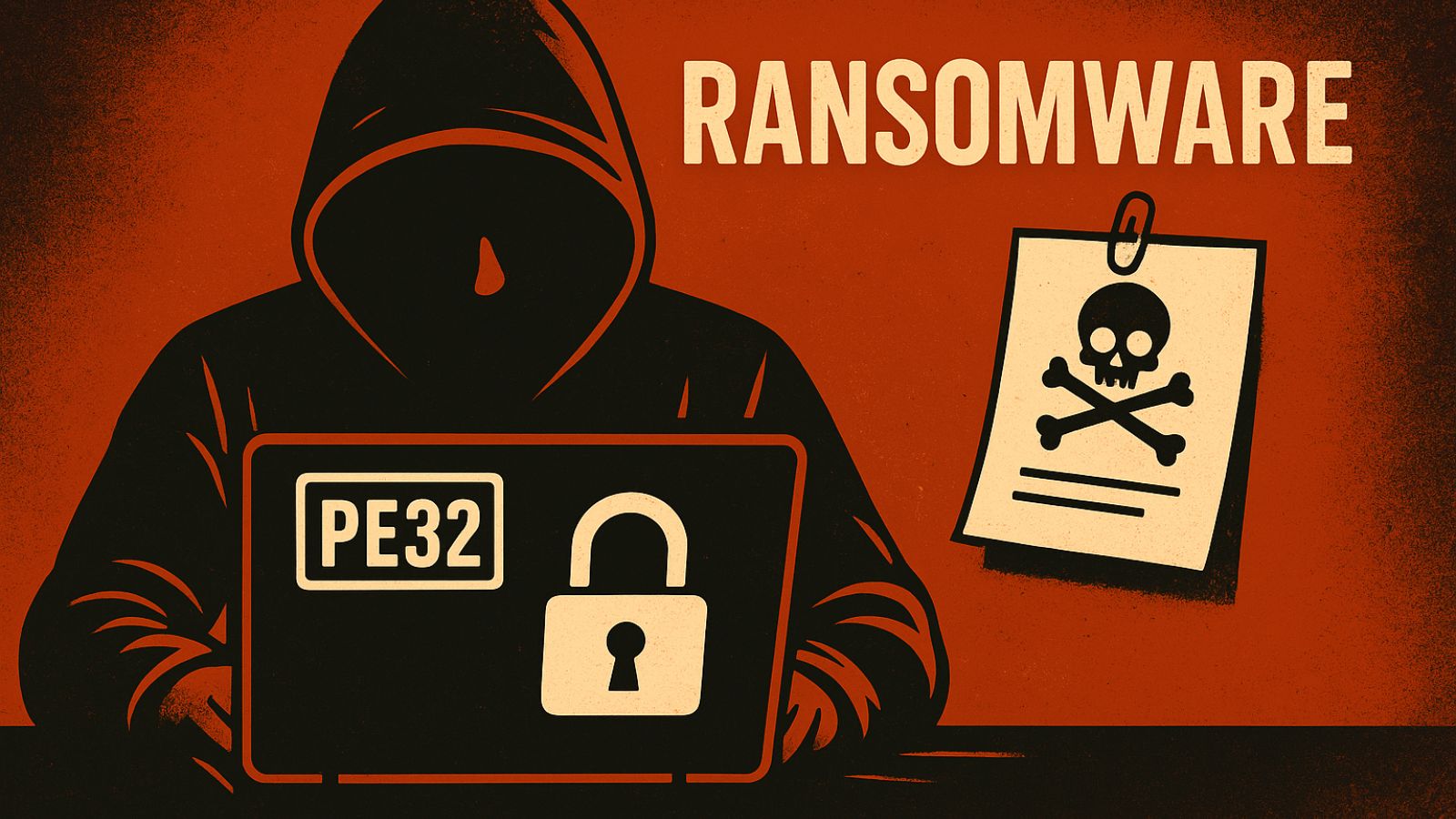
Dailymotion Ordered to Pay 5.5 Million Euros to Italian Broadcaster
- A ruling from the Court of Rome signifies that we’ve entered the age of Article 13.
- The court holds Dailymotion liable for removing content that is obviously infringing copyrights.
- Dailymotion will have to pay €700 for each minute of pirated content, which is swingeing.
The Court of Rome has decided to approve a damage compensation of €5.5 million from Dailymotion to RTI, an Italian broadcaster who is a subsidiary to the largest mass media company in the country, the Gruppo Mediaset. The reasoning behind this decision is that the video platform is considered directly liable for the copyright-infringing content that was uploaded by its users, and has subsequently failed to remove it in a timely manner. As much as “typical” this decision may seem to be at a first glance, it really isn’t.
The main element that differentiates this case is that the Court of Rome has wholly ignored the fact that Dailymotion never received a takedown notice from RTI, which is the standard practice in the field. The court ruled that since Dailymotion is an active hosting provider, they cannot benefit from safe harbor exemptions, and should have filters in place to ensure that any infringing content uploaded by its users is promptly removed. As we saw back in May, Italian lawmakers were quick to pass national legislation that lays the ground for the implementation of the new EU Copyright Directive (former Article 13), and this decision looks dangerously relevant to the strict regulatory context that is about to be imposed. As the court characteristically points out, the names of the videos and their general descriptions together with the broadcaster’s trademarks should be enough for Dailymotion to determine what content should be removed.
The compensation was calculated as €700 per minute of pirated shows, accounting to a total of €5.5 million. To ensure that the video platform will be more vigilant in the future, the court has also provisioned to impose a fine of €5000 for each copyright-infringing video that appears on the site from now on. The above figures are quite bashing for Dailymotion, and signal the dangers that all content hosting websites will have to deal with from now on.
YouTube has been warning about the practical problems of implementing strict filtering and monitoring systems, and how this approach could lead to over-blocking and massive censorship. As it seems, courts are ready to go forth and enforce the new copyright directive, so video hosting platforms will have to comply or pay millions in fines. The same court was the first to impose an Article 13-related fine back in January, with the punished platform being Vimeo and the amount reaching a hefty €8.5 million.
Do you agree with this aggressive approach against video hosting platforms, or are you worried about what content platforms are to become? Let us know of your opinion in the comments down below, or join the discussions on our socials, on Facebook and Twitter.







